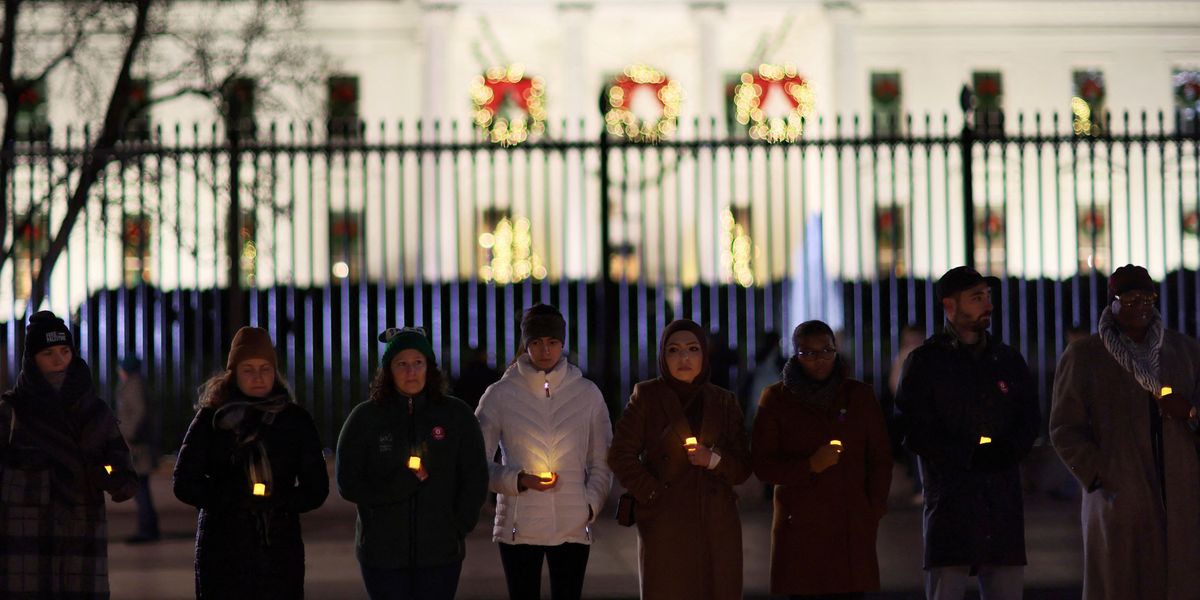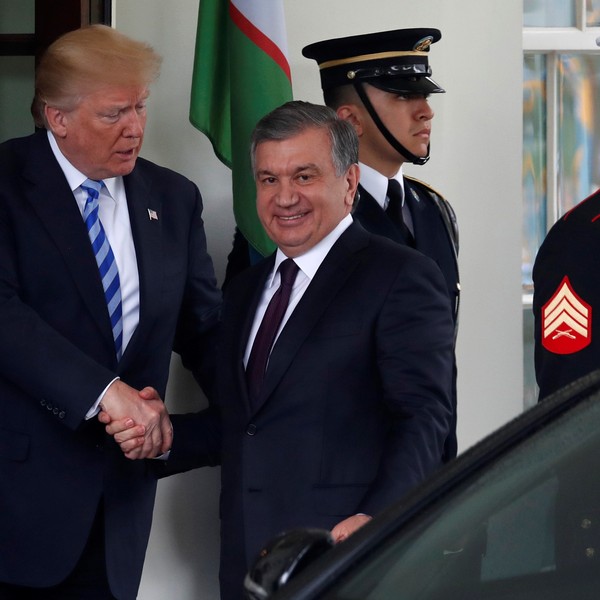Joe Biden is neither an original thinker nor a profound one. Granted, few if any figures laboring in the trenches of contemporary American politics can claim to be either. On that score, it would be unreasonable for us to hold Biden’s lack of depth and originality against him. He is, after all, just an Average Joe.
Somewhat more problematic is Biden’s penchant for appropriating the words of others without attribution. The habit has not enhanced his reputation. Yet to be fair, when the President recently described the United States as the “indispensable nation,” he did credit the origin of that phrase to his “friend” Madeleine Albright.
Such honesty is commendable. Even so, wary Americans might find Biden’s resurrection of Albright’s several decades-old phrase to be more than a little troubling.
The provenance of the expression is worth noting. Speaking on national television in 1998, then Secretary of State Albright had used the occasion to articulate an Albright Doctrine of sorts. “If we have to use force,” she declared with sublime confidence, “it is because we are America; we are the indispensable nation. We stand tall and we see further than other countries into the future.”
In Albright’s defense, she issued this grandiose pronouncement at a moment when American elites were enjoying a prolonged post-Cold War victory lap. In political circles, chest-thumping triumphalism had become the lingua franca. Had not the fall of the Berlin Wall in 1989 ostensibly brought history itself to its intended conclusion? A mere decade later, had not Operation Desert Storm definitively affirmed history’s verdict? By the 1990s, America was on a roll, destined, it seemed, to remain the world’s number one in perpetuity.
Soon enough, however, all of this came to seem like so much hot air. First came the terrorist attacks of 9/11, with the follies of the Global War on Terrorism following in short order. The epic failure of the Afghanistan War in tandem with costly and bungled efforts to “liberate” Iraq left America’s reputation for peering into the future in tatters. Sundry other missteps demolished claims that the United States possessed some special knack for anticipating what comes next. Then came the election of Donald Trump, unforeseen by those ostensibly in the know.
If remembered at all, the Albright Doctrine survived as a sort of punchline — the equivalent of “Mission Accomplished” or “We got him!”
Today the future to which Albright had confidently alluded in 1998 has become our own immediate past. Events since have brought us to where we are today. They provide a backdrop and frame of reference for the exercise of American power. That Biden has chosen our present moment to resuscitate the Albright Doctrine is, to put it mildly, disconcerting. It suggests someone badly out of touch with reality.
Albright had credited the United States with the ability to “see” and by implication to shape the future course of world history. Today, with the nation’s ability to sustain its own democracy beyond the upcoming presidential election up for debate, we may question the Biden administration’s ability to see beyond next Thursday.
Yet let us take Biden at his word, as a true believer in American indispensability, advised by a cadre of like minded civilian and military officials. Even today, their collective confidence in American global primacy is undiminished, as if events since 1998 either didn’t happen or don’t matter.
Today challenges to the nation’s erstwhile indispensability premier abound: the rise of China, a stalemated conflict in Ukraine, porous borders at home, the pressing existential threat posed by climate change. Yet none poses a more urgent test than the ongoing war in Gaza. Here, more than anywhere else, events summon the United States to affirm its claim to primacy. Right now, without delay.
Doing so would mean employing U.S. power and influence to bring this wretched war to an immediate end.
As measured by actions rather than rhetorical gestures, however, the Biden administration has done just the opposite. By providing immense quantities of ordnance to one side, it ensures the war’s perpetuation and facilitates the continued slaughter of noncombatants. By vetoing UN Security Council efforts to force a ceasefire, it stands virtually alone in defiance of world opinion. While American diplomats travel hither and yon, their efforts cannot be rated as other than ineffectual.
On a recent trip to the Middle East, national security adviser Jake Sullivan remarked, “We’re not here to tell anybody, ‘You must do X, you must do Y’.” How this accords with any meaningful conception of indispensability is not clear.
My guess is that Madeleine Albright would be embarrassed. Joe Biden should be as well.
- US ceasefire veto draws major backlash in Doha ›
- Poll: Majority of Americans support ceasefire in Gaza ›















